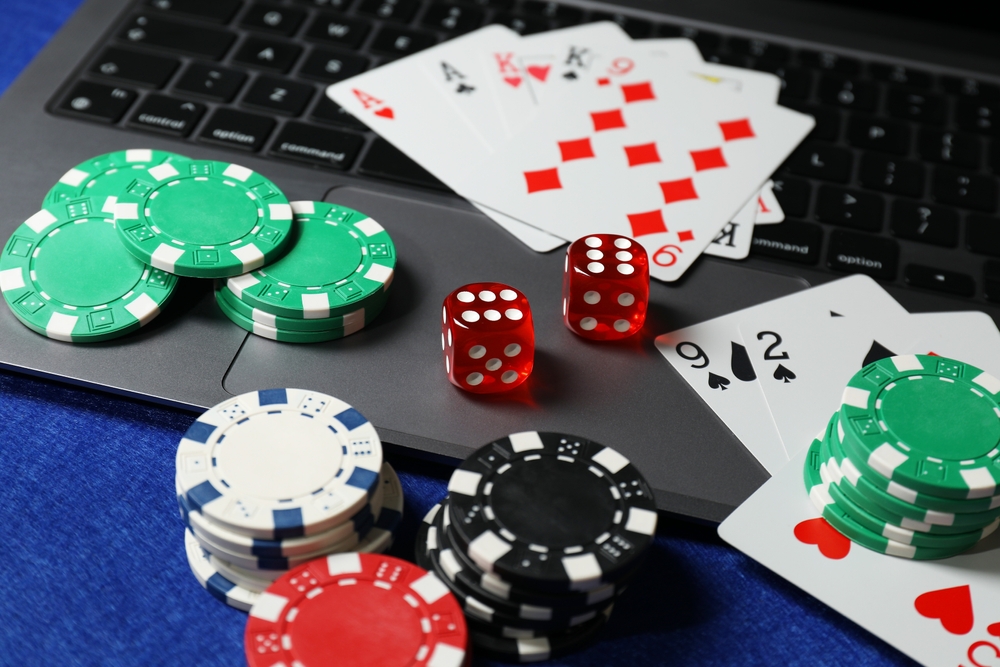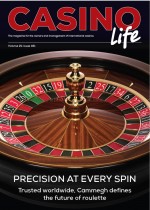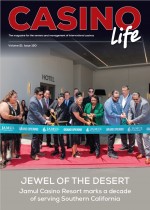From strict regulations to cautious acceptance
Norway’s approach to gambling has always reflected its cautious and conservative values. Unlike many European countries that embraced casinos as part of their entertainment landscape early on, Norway took a slower, more deliberate route. The Norwegian government maintained strict regulations on all forms of gambling throughout the twentieth century, focusing primarily on protecting citizens from addiction and financial harm. For decades, only a few state-controlled lotteries and betting systems existed, such as Norsk Tipping and Norsk Rikstoto.

Image: Credit Shutterstock
Despite these limitations, Norwegians developed a growing curiosity about casino games during the late 20th century. The rise of tourism and international travel exposed many Norwegians to the vibrant casino cultures of neighboring countries, particularly Denmark and Sweden. However, within Norway’s borders, gambling remained a controlled and often stigmatized activity, reflecting the country's deep-rooted social responsibility and welfare-oriented governance.
The early influence of European gaming trends
As European casino culture flourished during the 1980s and 1990s, Norwegian players began to seek similar forms of entertainment. Casinos outside Norway’s borders became popular destinations, allowing Norwegians to experience gaming environments that were unavailable at home. This era marked the first major shift in the nation’s gambling identity, where the traditional skepticism toward casinos started to soften.
By the early 2000s, online technology had begun to bridge the gap between Norwegian restrictions and European accessibility. Players could now enjoy slot machines, poker, and roulette from the comfort of their own homes. The sudden expansion of digital gambling created new challenges for the government, which struggled to maintain control while balancing public demand for entertainment.
The online revolution and cultural adaptation
The introduction of online casinos transformed Norway’s gambling culture more profoundly than any previous event. For the first time, Norwegians could participate in casino gaming without crossing national borders. Platforms operating outside Norway’s jurisdiction offered diverse game selections, live dealer options, and secure payment systems. While authorities imposed blocks and restrictions on unlicensed operators, players quickly discovered that there are options available for those who wanted to explore trusted and legitimate online alternatives.
This digital transformation changed not only how Norwegians played but also how they viewed gambling as a whole. It became less associated with taboo or excess and more connected to personal entertainment and social interaction. The community aspect of live casinos and digital gaming rooms began to attract a broader audience, including younger adults and women, groups previously underrepresented in Norway’s gambling demographic.
Modern perceptions and responsible gaming
In today’s Norway, casino culture is marked by a blend of curiosity, regulation, and responsibility. The government still upholds a monopoly system through Norsk Tipping, emphasizing social welfare and strict age limits. However, the Norwegian public has become more open-minded about gambling as a form of controlled recreation. Awareness campaigns focus on responsible gaming, while online platforms promote tools for setting spending limits and self-exclusion options.
This balance between freedom and regulation mirrors broader trends in Norwegian society. The cultural emphasis on moderation, fairness, and community welfare has shaped a gambling landscape that prioritizes safety without completely suppressing individual choice. Modern Norwegian players tend to approach casino gaming as a mindful form of leisure rather than a pursuit of profit.
Looking ahead to the next era
As technology continues to evolve, so too will Norway’s casino culture. Virtual reality casinos, cryptocurrency payments, and AI-based gaming moderation are already influencing how Norwegians experience digital entertainment. While the nation is unlikely to adopt a fully liberalized casino market soon, it is evident that the cultural perception of gambling has matured significantly.
What was once a strictly controlled pastime has evolved into a nuanced part of Norwegian modern life — one that reflects both the nation’s values and its adaptability in a changing digital world. The future of Norwegian casino culture will likely be defined by innovation, balance, and an ongoing dialogue between government control and consumer freedom.































